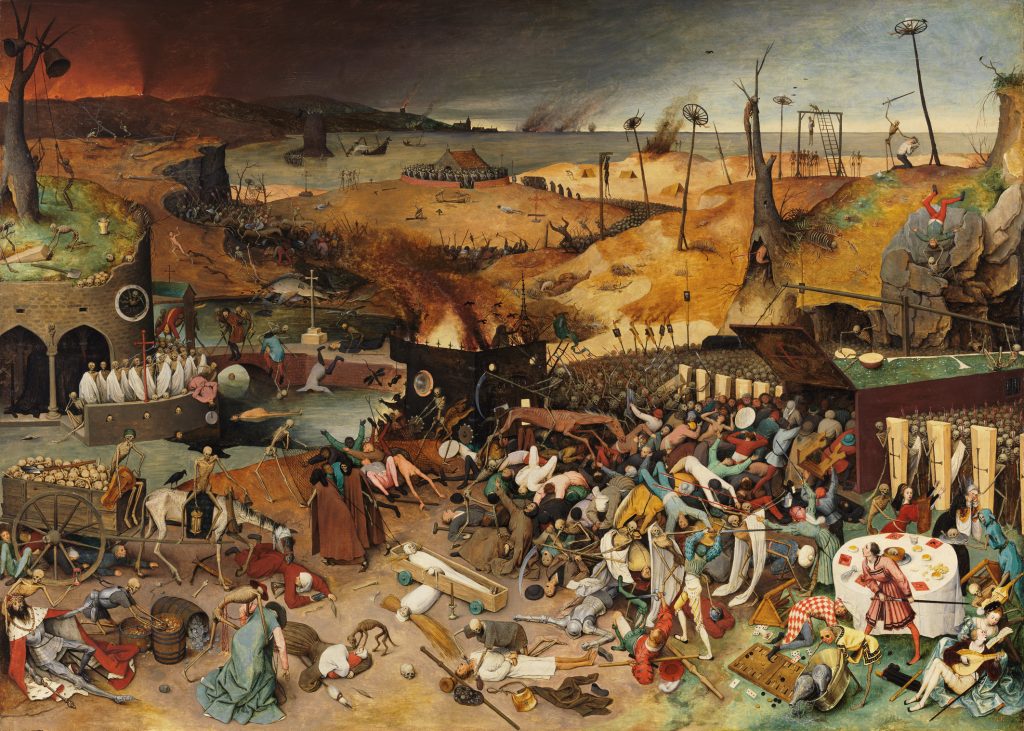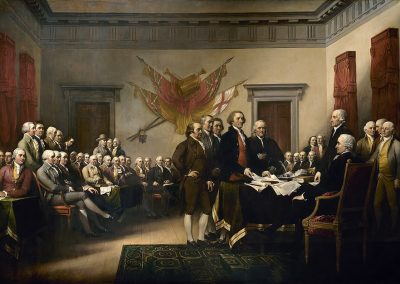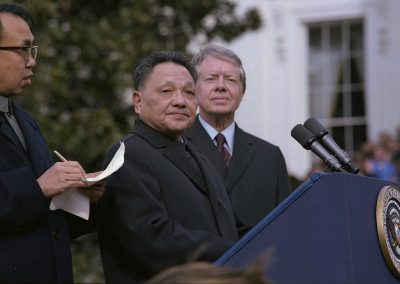
Annoyance or Armageddon?
From my article published in The American Mind.
The United States has failed to respond proportionally to the coronavirus. This will be common wisdom in just a month or two as deaths, not just confirmed cases, climb to tens of thousands. But for now, the knee-jerk reaction is to insist the inadequate response be graded on a curve.
Yes, China initially failed to recognize the danger. The local government engaged in a coverup. However, once information was available to the central government, it acted decisively. To even attempt to contain a virus, once tens of thousands have it, can only be described as heroic. Thousands were rushed through training. The nation moved education online. Hospitals were built in days. A war in all but name, with a grand casus belli: the health of 8 billion people worldwide.
That second battle of Wuhan was lost not only by China, but all nations. While China fought this people’s war, the West voiced questionable critiques of their approach as unjustifiably authoritarian. We rightly questioned their numbers, but our own numbers have hardly been reliable, as acknowledged by The Atlantic and the Pentagon.
We were not a shining example of an open society in action. Our pretense of accurate and transparent information was revealed to be a sham. Amateurs on Twitter proved more truthful and accurate than newspapers or government agencies.
The World Health Organization (WHO) has declared the virus a global pandemic. In a way, the stakes are lower than those faced by the CCP: the malevolent genie is out of the bottle. Instead of everyone’s lives, the U.S. government merely has to mind American lives. American lives matter. Shouldn’t that be a grand casus belli, too?
The pathogen landed on our shores in January. No tests were readied; no masks, no ventilators manufactured or distributed. The mere thought experiment of building a new Californian hospital in a little over a week is revealing. Our ability to mobilize is gone.
Would America fare better against a visible enemy? Such a mobilization failure is never an individual’s fault. Rather, it reveals a hollow state. In the alphabet soup of federal agencies, there is no one with the information and authority to act on the consequences of an exponential curve. Further, no one is both accurately informed and trusted enough to appear on television as Singapore’s prime minister Lee Hsien Loong did.
Read the rest here.




